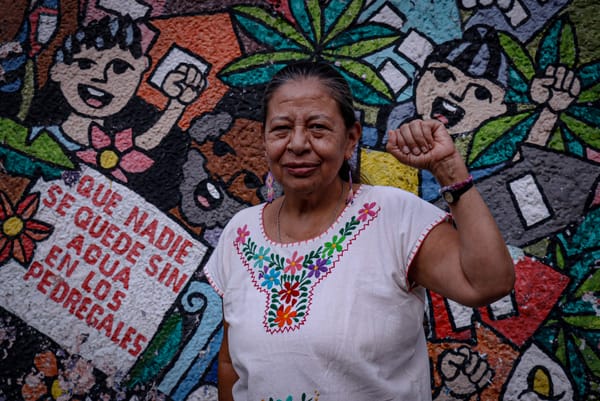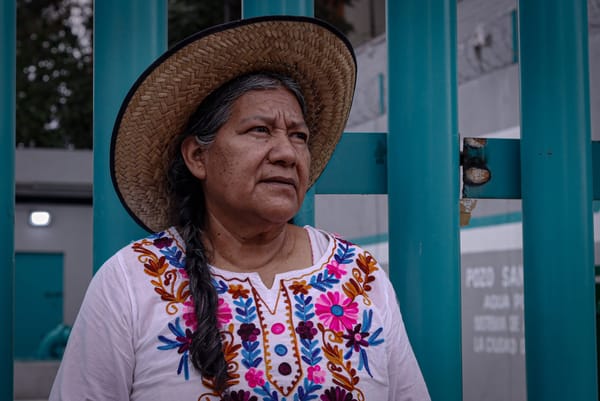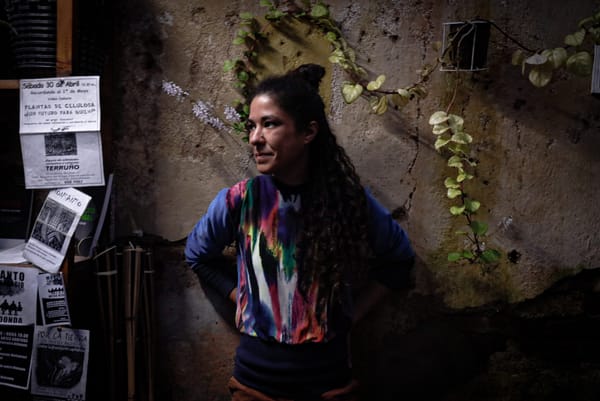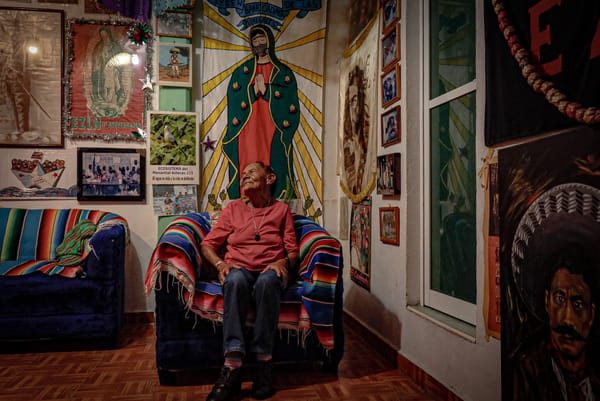Faces of Water: A spring from the south
Carmen Sosa never thought she'd see the day when Uruguayans could no longer drink tap water.
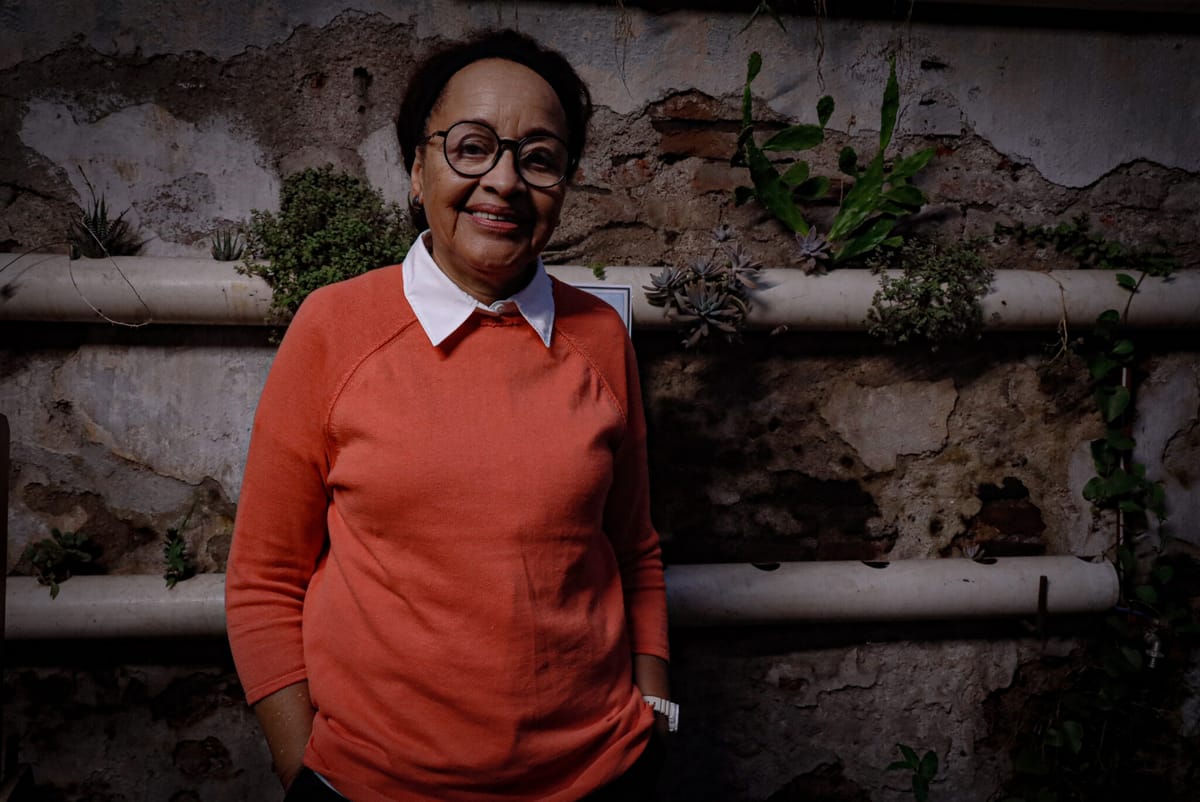
Holding up a glass of water, Carmen Sosa exclaims, “this is filtered tap water. Who could have imagined that I would use a filter? It used to be unthinkable!” The 69-year-old woman is an activist, union member and a former worker of the State Sanitary Works (OSE), Uruguay’s water supply company.
After more than two decades as an activist for water and the commons, in a country long characterized for its high-quality water, Carmen has now gotten used to the idea that the water quality is not good. Seated in her Montevideo home, her dark brown hair tied back, Carmen’s eyes tear up as she recalls the achievements of the collective struggle that she led, like the moment twenty years ago when Uruguay did what no other country had done: include in the Constitution access to potable water and the sewage system as a fundamental human right.
In 2002, Carmen and a group of other activists founded the still-existing National Commission in Defense of Water and Life (CNDAV), the collective that fought for the constitutional amendment that prohibits foreign and private companies from supplying water to the population.
“It took a lot of work for us to convince the others that the constitutional reform was important. We had assemblies with up to 300 people that lasted five or six hours to discuss and write the constitutional text. It was a titanic task,” Carmen recounts.
For her and her companions, the alert sounded in 1992 when a private European company received a concession for the water supply of Maldonado, a department in the east of Uruguay. Years later, members of the CDNAV came together in an unprecedented movement. They printed eight million pamphlets. For 23 days, 18 OSE union members toured the country on horse promoting the importance of the constitutional reform. They received public backing from key figures in the country, including Eduardo Galeano.
On October 31, 2004, just as progressivism won the national government for the first time, 65% of Uruguayans voted in a resounding approval of the constitutional protection of the right to water. Six years later, the United Nations’ General Assembly recognized the right.
“They called us from all over the world to congratulate and interview us,” Carmen says, her voice filled with emotion as she recalls the achievement. That’s why she never imagined this scene. “Many years ago, I told my daughters: you need to pay attention to this, because I won’t see it, but one day you’ll open the tap and potable water won’t come out. And I saw it.”
Text: Flor Pagola, Caro Bas, Madeleine Wattenbarger and Eliana Gilet
Photo: Lizbeth Hernández
Design: Paola Macedo
This story is part of Faces of Water: Stories of Women Defending Water in Montevideo and Mexico City, a project by the Cooperativa de Periodismo and Kaja Negra, supported by the 2024 ColaborAccíon grant from the Fundación Gabo and Fundación Avina.
